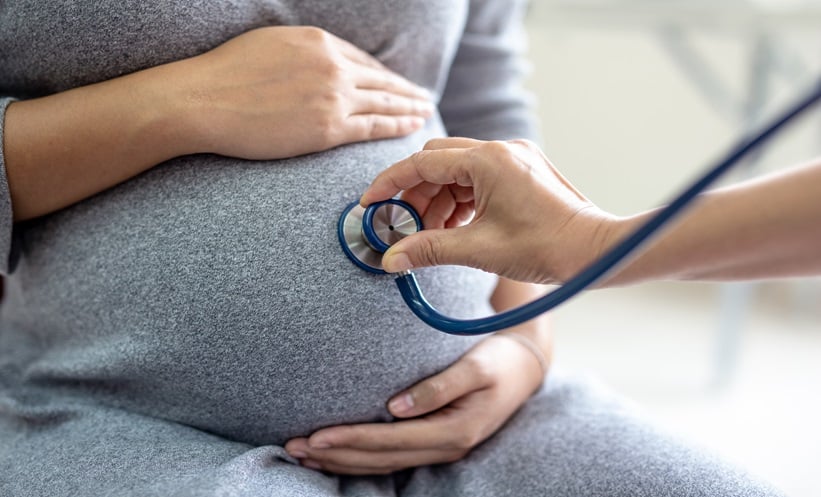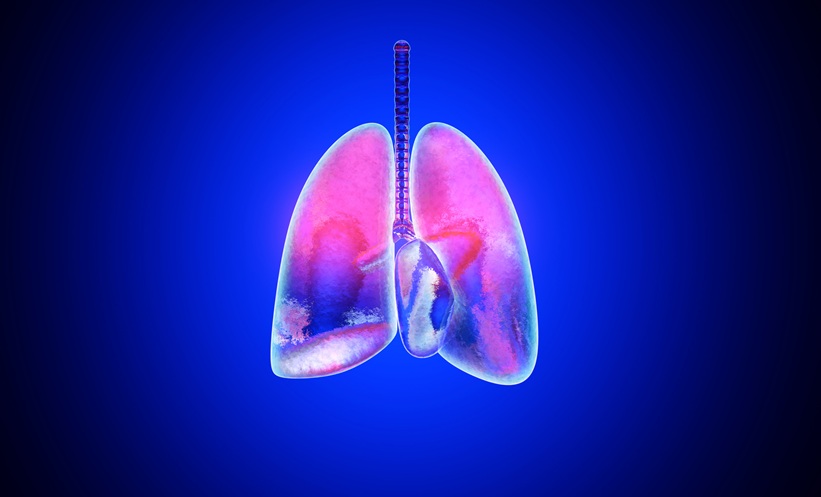RESEARCHERS at the ACR Convergence 2025 presented groundbreaking findings that may reshape how clinicians assess risk for fetal atrioventricular block (fAVB), a rare but serious condition that can lead to fetal heart failure or death. Using advanced proteomic technology, investigators identified two key macrophage-related proteins, interleukin-6 (IL-6) and CCL3, that were significantly elevated in pregnant women whose fetuses later developed fAVB.
Decoding the Risk Beyond Autoantibodies
Fetal AV block is typically linked to maternal SSA/Ro antibodies, which cross the placenta and bind to fetal heart tissue, triggering inflammation and scarring. However, antibody titers alone are unreliable predictors, leaving clinicians with limited tools for preconception counseling or early risk detection.
To bridge this gap, researchers from NYU Grossman School of Medicine, Oklahoma Medical Research Foundation, and several U.S. fetal cardiology centers leveraged samples from the STOP BLOQ and PATCH trials, biobanks containing sera from pregnant women collected before any fetal heart abnormalities appeared.
High-Throughput Proteomics Uncovers Predictive Markers
Using the Olink Explore HT platform, the team analyzed over 5,400 serum proteins from 12 anti-Ro–positive pregnancies complicated by fAVB and 13 antibody-positive pregnancies without cardiac involvement. The groups were carefully matched for race, autoimmune diagnosis, antibody titers, and medication use to minimize confounding factors.
Fifteen proteins showed significant differences between the two groups, but IL-6 and CCL3 emerged as the most striking predictors—each upregulated more than threefold in fAVB cases. Importantly, these proteins were not correlated with antibody titers or maternal disease type, indicating that the inflammatory risk may stem from macrophage activation independent of maternal autoimmune status.
Maternal Inflammation May Amplify Fetal Injury
Investigators hypothesize that these small, pro-inflammatory proteins could cross the placenta, amplifying fetal cardiac inflammation initiated by maternal antibodies. This mechanism underscores a possible two-hit model of disease, where antibody-mediated injury is compounded by maternal inflammatory mediators.
Toward Predictive Testing and Early Intervention
The study offers hope for developing a non-invasive blood test to identify high-risk pregnancies long before symptoms arise. Detecting IL-6 and CCL3 signatures could guide early fetal surveillance, personalized anti-inflammatory therapies, or preventive strategies for at-risk mothers.
Future research will focus on validating these biomarkers in larger cohorts and determining whether modulating maternal inflammation can reduce fetal heart injury, a step that could significantly improve outcomes in anti-Ro–positive pregnancies.#
Reference
Carlucci P et al. Olink Proteomics Identifies Macrophage Pro-inflammatory Proteins in Maternal Sera Predictive of Fetal Atrioventricular Block Independent of Maternal Health Status. Abstract 0853. ACR Convergence, 25th-29th October, 2025.








